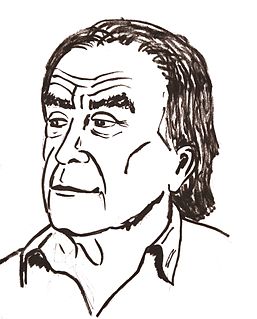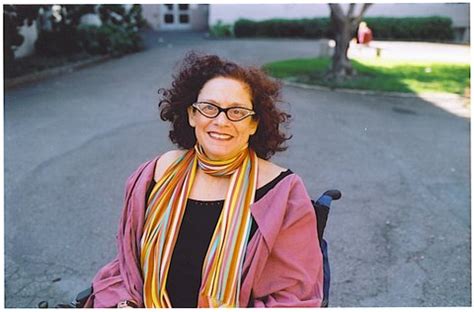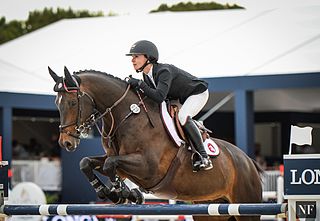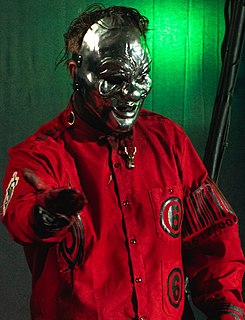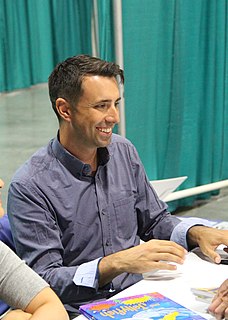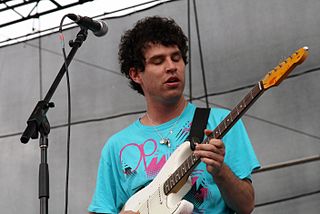A Quote by Stephen Beal
In the late 60's I was enrolled at Occidental College majoring in philosophy and taking several studio art classes, but I dropped out. It was a very confusing time with the war in Vietnam and the social changes sweeping the nation.
Related Quotes
Most of us who were opposed to the war, especially in the early '60's - the war we were opposed to was the war on South Vietnam which destroyed South Vietnam's rural society. The South was devastated. But now anyone who opposed this atrocity is regarded as having defended North Vietnam. And that's part of the effort to present the war as if it were a war between South Vietnam and North Vietnam with the United States helping the South. Of course it's fabrication. But it's "official truth" now.
The U.S. directed the war against South Vietnam. There was a political settlement in 1954. But in the late '50's the United States organized an internal repression in South Vietnam, not using its troops, but using the local apparatus it was constructing. This was a very significant and very effective campaign of violence and terrorism against the Vietminh - which was the communist-led nationalist force that fought the French. And the Vietminh at that time was adhering to the Geneva Accords, hoping that the political settlement would work out in South Vietnam.
After world war all we got was a lot of conformity, and conservatism and when I was in college at the university of Illinois the skirt lengths dropped instead of going up as they had during the roaring twenties and I knew that was a very bad sign, and it is symbolic and reflective of a very repressive time, and some of that was laid the feet of the cold war.
My father told me when I went to college that I needed to take an accounting class. I enrolled and went the first day. I didn't understand a thing that was being said and dropped the class. I really regret that decision. I should have stuck it out and learned the basics of accounting, but I took the easy way out.
You get very little from the studios anymore, it's all independent. And I think the studio, with the exception of something like The Social Network, a fine film, very interesting, but as for studio pictures, that's it, what else? There was more only a few years ago. So it changes, and I'm trying as much as I can.
A time comes when silence is betrayal. That time has come for us in relation to Vietnam. A nation that continues year after year to spend more money on military defense than on programs of social uplift, is approaching spiritual death.I knew that America would never invest the necessary funds or energies in rehabilitation of its poor so long as adventures like Vietnam continued to draw men and skills and money like some demonic destructive suction tube. So I was increasingly compelled to see the war as an enemy of the poor.


